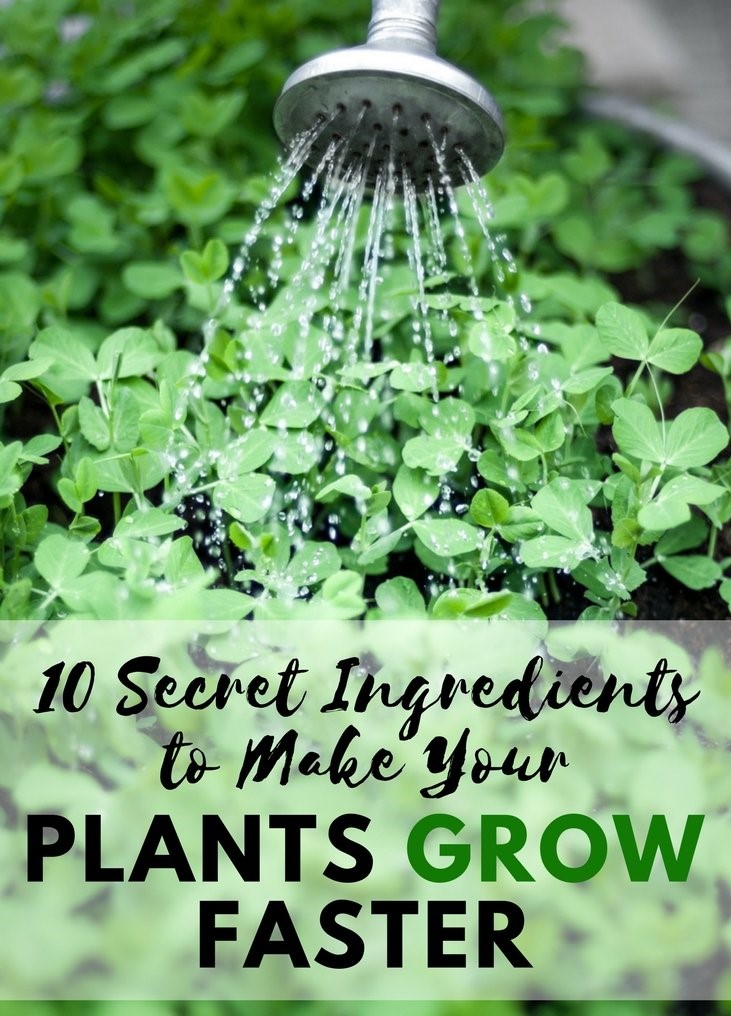Healthy plants don’t happen by accident. To grow strong and verdant, plants need sun and water as well as soil that has sufficient nutrients… and that’s where commercial fertilizer comes in. Fertilizer puts badly needed nutrients back into the soil, but it can be harsh on plants, and it’s costly too. To give your garden—and your wallet—a break, try one of these home remedies instead. These simple soil additions deliver a unique set of nutrients that benefit everything from ornamentals to vegetable beds.
Wood Ash
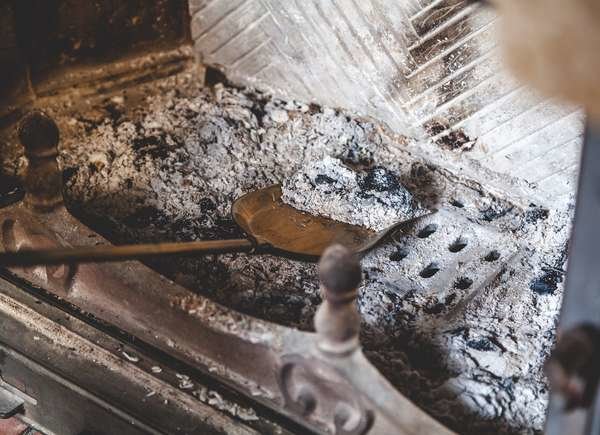
Wood ash has a high alkaline content, which makes it great for neutralizing acidic soil. To determine if your soil could benefit from an application of wood ash, first purchase a pH test kit at any garden center and test a small sample of soil from your garden beds. Before you add any ash to your garden, make sure it is completely cool to the touch.
Bananas
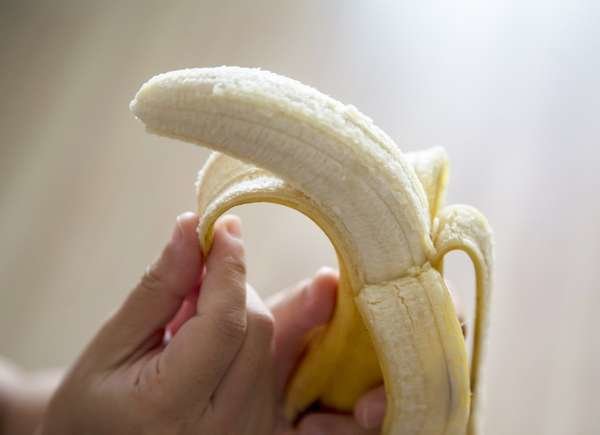
Chop up banana peels, then bury them in the soil when you plant tomatoes, rosebushes, or green pepper plants. The potash and phosphorous content in the peels will enrich the soil and strengthen your plants.
Compost Tea
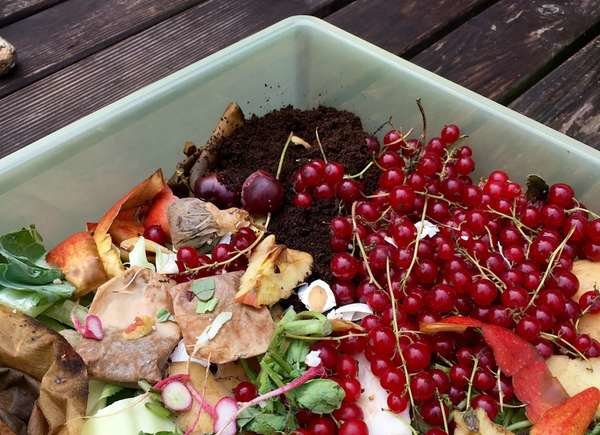
A strong dose of compost tea can do wonders to improve the vibrancy of your plants. If you already have a compost pile, there’s a benefit to taking the time to brew it into a liquid solution bursting with beneficial microorganisms. Convinced?
Club Soda
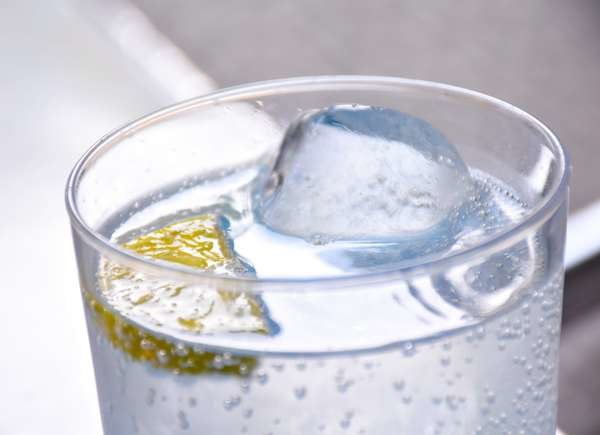
What makes club soda more nutritious for plants than tap water? Carbonated water contains macronutrients, including carbon, oxygen, hydrogen, phosphorous, potassium, sulfur, and sodium, all of which are beneficial for your greenery. For proof, look no further than the University of Colorado Boulder, where researchers watered a group of plants with club soda for 10 days; in the end, the club soda plants outgrew the control group. The trick, for those trying this at home, is to let the fizzy water go flat before pouring it on your plants.
Aquarium Water
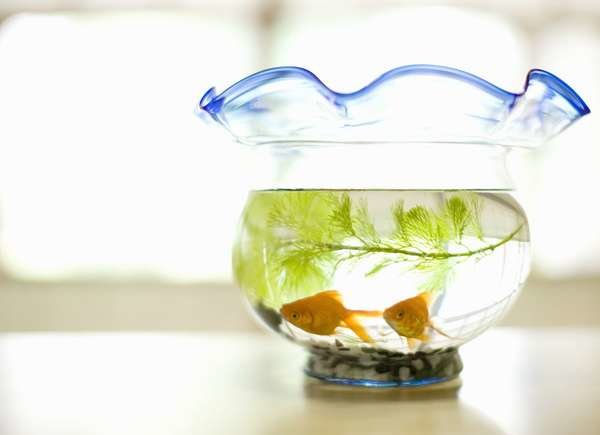
When it’s time to change the water in your fish tank, consider pouring the old water out on your plants. The waste and bacteria in aquarium water may be harmful to fishes, but they are beneficial to plants. Just make sure to use freshwater only, not saltwater, and apply it only to ornamental plants, not edible ones.
Coffee Grounds
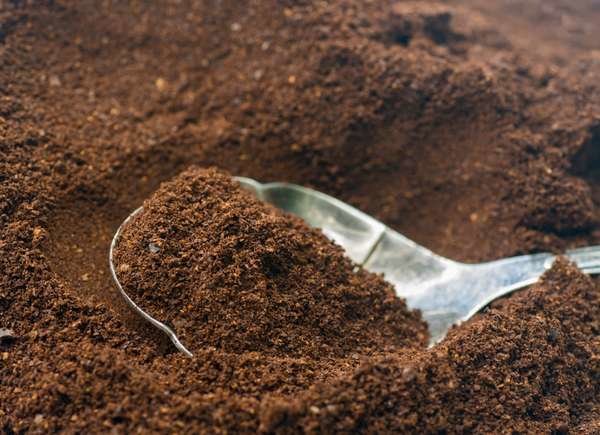
Old coffee grounds have many uses around the house, but they’re particularly effective as plant boosters, thanks to their calcium, potassium, nitrogen, and phosphorus content. Because coffee grounds acidify soil, acid-loving plants like rosebushes, evergreens, and azaleas benefit most from a treatment. Scatter fresh grounds lightly at the base of your plant or add them to the compost pile, where they will mix with other food scraps and leaves to create a rich soil.
Eggshells
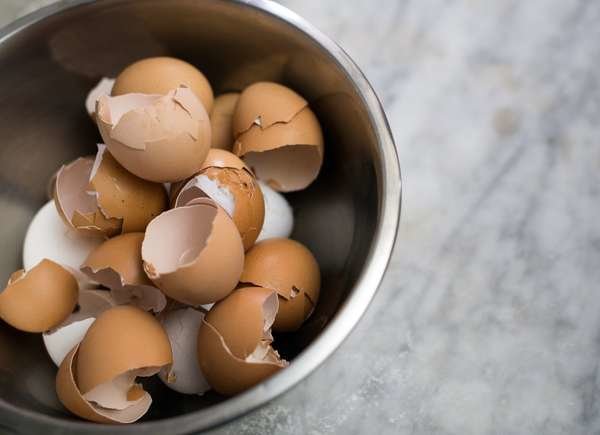
Because of their rich calcium content, eggshells should be tossed in your garden, not in your trash bin. Rinse them, crush them, and add them to plants like tomatoes that are often plagued by calcium deficiency. Or, start seedlings in eggshells that have been carefully halved and rinsed. When the seedlings are big enough to be transplanted, plant them right in the ground, shell and all; the shell will biodegrade over time.
Tea Leaves
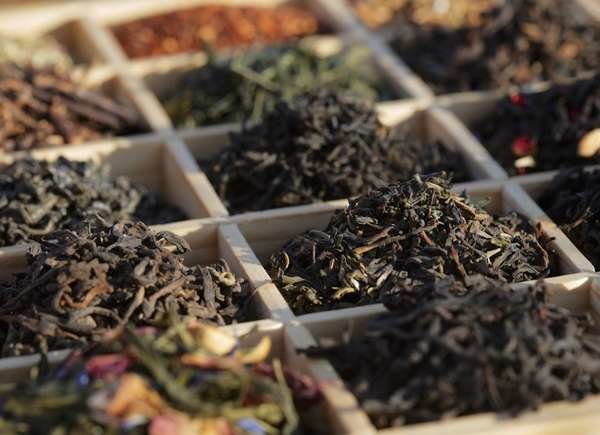
Used tea leaves contain the three nutrients you need for a good fertilizer: nitrogen, potash, and calcium. Sprinkle them at the base of your plant for a budget-friendly boost of nutrients.
Grass Clippings
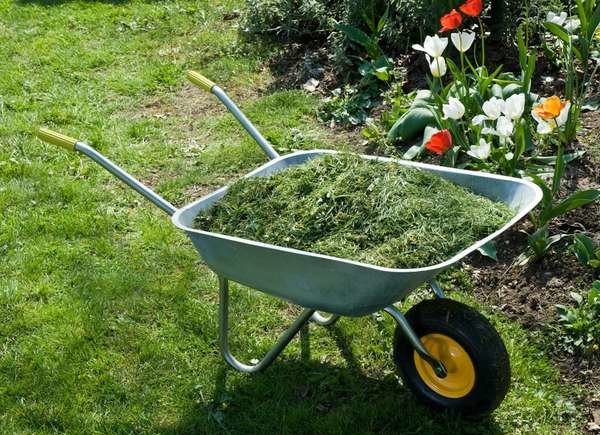
Adding a thin layer of grass clippings to your vegetable garden can prevent weed growth and help plants retain moisture. Apply no more than one-quarter inch of grass mulch; adding too much could inhibit water from passing through. Grass clippings that are full of weed seeds should be composted rather than applied directly to your garden—the heat from a properly maintained compost pile will kill the weed seeds.
DIY Plant Food
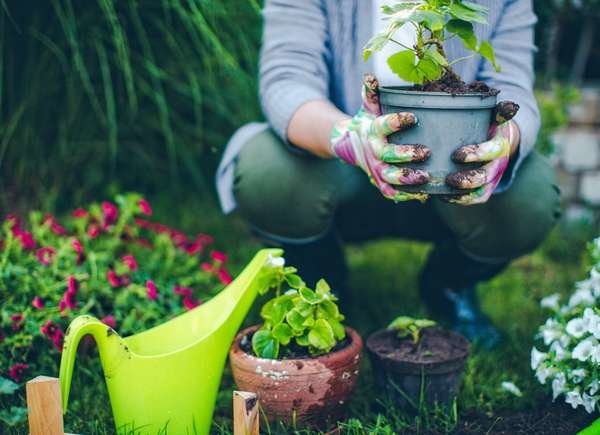
When taken together, a few simple household ingredients can offer big benefits to plants at a fraction of the cost of commercial fertilizers. Epsom salts, baking soda, and household ammonia can be combined to create a fertilizer that helps plants maintain healthy foliage and stimulates growth.

